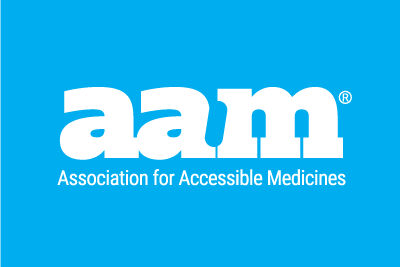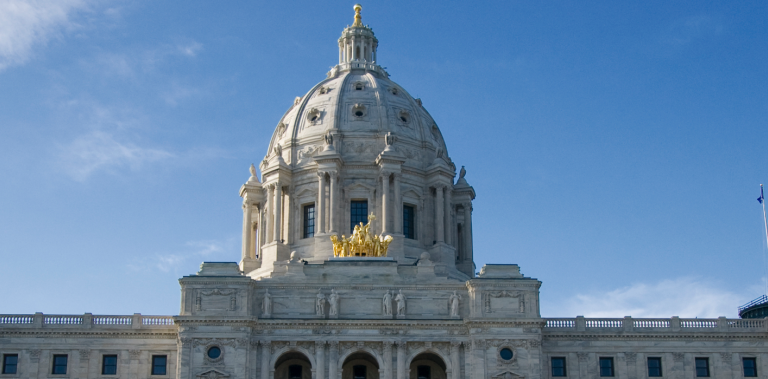Don't Harm Patient Access to FDA-approved Generic Medicines by Chilling Generic Drug Competition
Everyone supports containing skyrocketing prescription drug prices, but the A-74 provision that was added to the omnibus bill will actually just make the problem worse for Minnesota patients and our economy, and has already been found unconstitutional in another state. Generic medicines saved Minnesotans $3.6 billion in the year 2016 alone.
While well-intentioned, this provision doesn’t address the real cause of high drug prices, and would penalize lower-cost FDA-approved generics. The Fourth Circuit Federal Court of Appeals found the same provisions unconstitutional when Maryland tried this same approach.
The provision ignores the realities of the prescription drug marketplace. Inexplicably, it applies only to generic drugs — products that save the state, taxpayers and patients billions per year. It does not reduce prices for much more expensive brandname and specialty drugs that cost Minnesota patients and taxpayers billions of dollars per year.
The provision has no meaningful standard to allow companies to know when they are in compliance with the law.
The provision does not define when a price is “not justified” or “excessive:”
- Given the vague standards set forth in the provision, companies would perpetually be at risk of facing prosecution for price fluctuation of just pennies that can normally occur during the course of business within the competitive free market.
- Without a true standard dictating when a free market price is “justified,” the provision would provide no notice for companies to know whether they are in compliance with the new law.
- Without clear guidance under the law, companies will need to find ways to mitigate the risk of costly litigation with the attorney general, putting patient access to affordable generics at risk.
The provision would chill competition among generic drug manufacturers and allow government bureaucrats to influence the health care marketplace, ultimately driving up costs.
The provision allows the government to impose costs and regulatory burdens whenever bureaucrats believe that pricing of a medicine is “not justified:”
- Year over year, generic drug prices fall, while brand-name drug prices rise. The overall price of generics fell over 8% in 2016, and prices are down more than 70% since 2008. Rather than allow market competition to continue working, Minnesota would reject generic competition in favor of more government regulation – of generic drugs, the only segment of health care costs that is declining.
- Generic drug prices can fluctuate up and down in the drug marketplace over the course of days or months while still declining on average. But this provision does not account for market realities and instead puts elected officials in the role of the marketplace.
- By subjecting manufacturers of generic drugs to draconian penalties – while ignoring the substantial costs of brand-name prescription drugs – the provision would provide an incentive for generic drug companies to avoid doing business in or selling their products in Minnesota.



